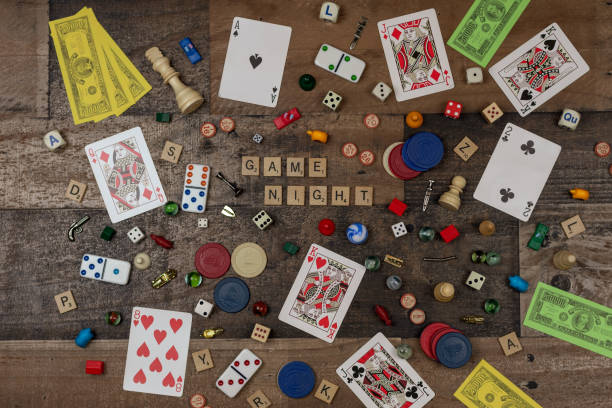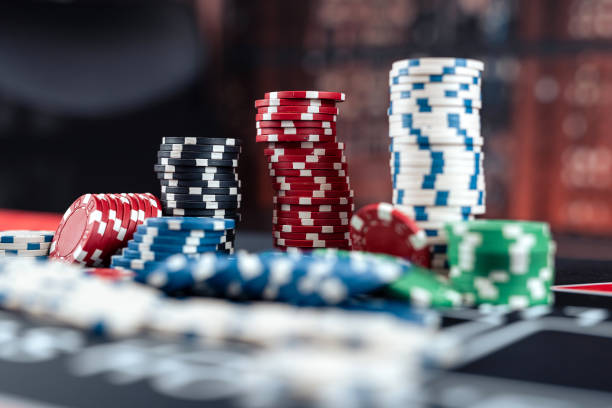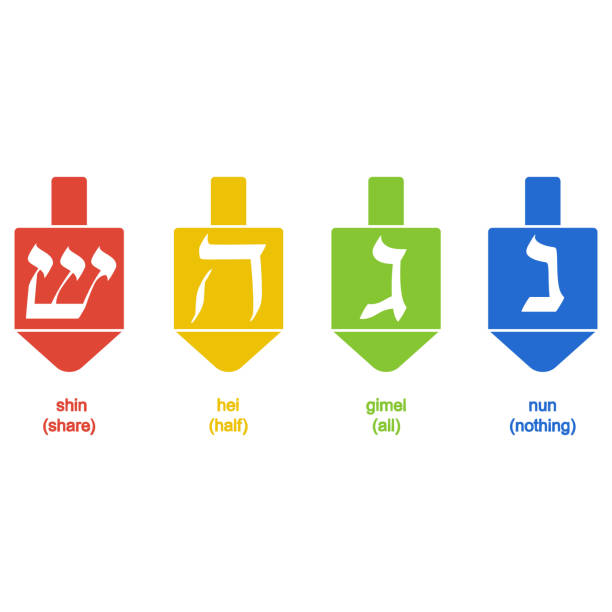
Is Game Night Jewish?
Laughter and Play:
In Genesis 21:9, we read of Sarah looking out and seeing Esau מְצַחֵק (m’tzachaek). This word is frequently translated to be “playing” and is also connected to laughing or having fun. We don’t know what kind of “play” Esau was doing, only that it was upsetting to Sarah.
מְצַחֵק (m’tzachaek) in modern Hebrew usage translates to funny.
Fun and play generally go together!
The verb to play as in a game or sport is לְשַׂחֵק (l’sachaek).
Some Biblical scholars consider these words to be alternate spellings of the same word, while others think they are intentionally different.[i]
- Do you see a connection between fun and play?
- What kind of play do you think was happening back in Biblical times?
The Talmud alludes to the idea that the playing of games of dice and chance were happening in that time.
[i] Harris-Archer-Waltke Theological Wordbook of Old Testament lists them as alternate spellings, Brown Driver Briggs Theological Dictionary lists them as separate.
מַתָּנִי וְאֵלּוּ הֵן הַפְּסוּלִין הַמְשַׂחֵק בְּקוֹבִּי וְהַמַּלְוֶה בְּרִבִּית וּמַפְרִיחֵי יוֹנִים וְסוֹחֲרֵי שְׁבִיעִית
And these on the following list are the ones who are disqualified by the Sages from bearing witness due to their unseemly behavior, as they are considered wicked individuals guilty of monetary transgressions: One who plays with dice [bekubbiyya] for money, and one who lends money with interest, and those who fly pigeons, and merchants who trade in the produce of the Sabbatical Year, which may be eaten but may not be sold as an object of commerce. (Mishnah Sanhedrin 24b)
In this case, those who play with dice for money are not able to be witnesses. It seems that the exchange of money is what was most concerning to the rabbis, rather than just playing dice. However, it is still noteworthy that games of dice and chance were played 2,000 years ago.
- Could the Rabbis of the Talmud be referring to the game of craps?
- Would games like Yahtzee and Dungeons and Dragon fall into this category?
- Why do you think gambling prevents one from being a reliable witness?
אֲבָל הַשּׂוֹחֲקִים בִּקְלָפִים – עָנְשָׁן רַב
But those who play with cards-their punishment is great, and due to our many sins, this plague of tzara’at has spread through the house of Israel. Woe to us that this has happened in our days, and many types of sins are caused by this activity! (Aruch HaShulchan: Orach Chayim 670:9)
The sages were concerned that the playing of cards would lead to sin. The above text from Aruch HaShulchan (19th century) talks about how on holidays we should increase our joy with extra meals, songs, and prayers like Hallel, but not with the playing of games.
In his book Jewish Life in the Middle Ages, Israel Abrahams noted that some Jews took personal vows to abstain from card playing dating all the way back to the 15th century.
Should card playing be a part of Jewish life?
“Few of these strictures proved effective. Despite widely held views about gambling for money, the rabbis permitted games of chance during the long nights of Hanukkah, Purim, the intermediary days of Passover and Sukkot, and Rosh Hodesh. Generally, the rabbis frowned upon card playing in the sukkah. However, in acknowledging that people would not sit in the sukkah unless permitted such entertainment, this stricture was also relaxed.”
(What Eastern European Jews Did on Christmas | My Jewish Learning)
- What are your views on playing games during holidays and Shabbat?
- Is there a difference between the kind of games you play?
- Can playing games enhance Jewish life? How?

Games have played a huge part of social gatherings in Jewish life:
Bowling: By the late 19th and early 20th centuries Jews had adopted bowling as a favorite social activity. Jewish bowling champs were crowned, bowling alleys were built into Jewish community centers, and bowling leagues were a big part of Jewish social life.
(The Forward – Jews and Bowling)
Ga-Ga: If you’ve gone to a summer camp, youth group, or JCC, chances are you’ve played the game Ga-Ga. This game/sport became a rich part of Jewish tradition starting in the 50’s and 60’s.
(Tablet – Gaga Saga)
Mahj Jongg: The click-click of tiles being passed evokes memories for many Jews who grew up hearing relatives play this favorite Jewish pastime as well.
(JTA – How Mah-Jongg Became Jewish)
Poker Night: Though traditionally gambling may be frowned up on the Talmud, poker nights have played a part in Jewish social gatherings for decades. A quick internet search for “synagogue men’s clubs” yields dozens and dozens of advertisements for poker night, both as a social event as well as being fundraisers.
The Dreidel Game deserves its own mention: One popular origin story says that when Torah‐study was outlawed by the Greeks, Jews disguised their learning sessions by playing a dreidel (“gambling”) so observers would think they were just gaming, not studying. (Library of Congress Blogs)

